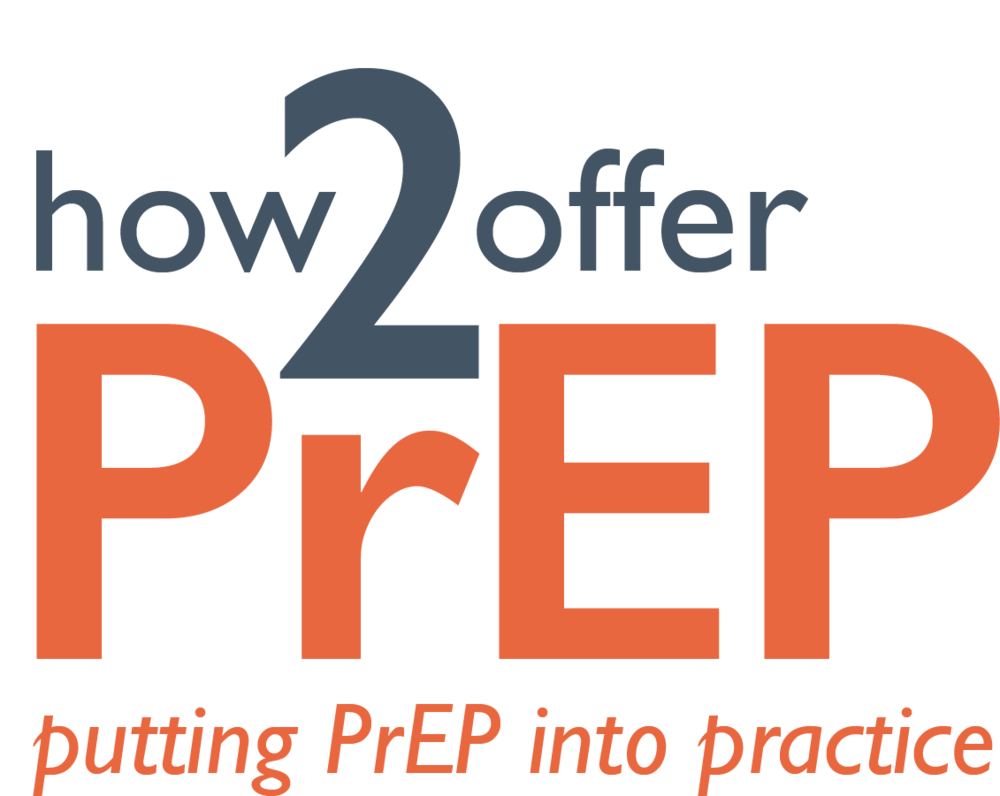from http://www.hivequal.org
How best to talk about condoms and PrEP? This question comes up from PrEP users, counselors, clinicians, public health officials, and political leaders. Condoms have been a mainstay of HIV prevention since the HIV epidemic first broke out.
Some helpful messages regarding condoms and PrEP:
- Using PrEP prevents getting HIV whether or not condoms are used.
- PrEP does not prevent pregnancy or sexually transmitted infections like syphilis, gonorrhea, hepatitis B and C infection, and warts.
- People using PrEP for HIV prevention are often at risk for other sexually transmitted infections. Testing for syphilis is particularly important because the infection is often completely silent. Testing or screening for sexually transmitted infections among PrEP users is recommended by the CDC. If a sexually transmitted infection is diagnosed, sexual partners should be treated as well.
Some messages to avoid:
- "You have to use condoms with PrEP." There are several problems with this. First, it is not true that PrEP effectiveness depends on condom use. In fact, most of the benefit of PrEP observed in trials occurred in subgroups who were not using condoms very much. Second, the statement will sound like a challenge to some people - maybe they can prove you wrong by having sex without a condom? Third, saying "you have to ..." is a violent communication because it imposes one person's will and authority over another person. As a professional, you may feel that you earned the right to be bossy, yet you should not expect clients to like it or pay attention for very long. The Center for Non-violent communication can help you learn more about how non-violent communication is a powerful way to influence people and inspire behavior change.
- "PrEP is more than 90% effective when used with condoms." This is not evidence based in that PrEP is also more than 90% effective when used without condoms. More importantly, this message will be attractive mainly to people who are consistently using condoms. Rather, non-condom users will benefit more from PrEP.
A great summary of information for prospective PrEP users comes from Tyler Curry's blog on HIVEqual. Along with much good advice, he writes....
"... even the most ardent of gay men fail to use condoms every once in a while, with many forgoing a rubber more often than they care to admit. People who take PrEP are taking responsibility for their behavior and are doing something to protect themselves and others.
PrEP as an opportunity to focus more on other sexually transmitted infections.
With continuing PrEP use, many people feel safe from HIV. This is a wonderful feeling and is often the most attractive aspect of PrEP. This feeling of safety from HIV is also an opportunity to focus more on other aspects of sexual health, including relationships, contraception (or safer conception), and sexually transmitted infections. One of the lessons learned from behavioral economics is that people have limited bandwidth to consider risks - worrying about one risk means other risks are ignored. Communities and professionals have focused on HIV for obvious reasons - it is a deadly infection in the absence of treatment. As people become less concerned about HIV, because of PrEP and treatment, they have more capacity to think about other aspects of sexual health. At least one of my patients has said that he now says to prospective partners "I am not worried about HIV because I am taking PrEP, AND I do not want to get syhpilis from you. The injections hurt and I would have to tell my partners, and it is not worth the risk. So when were you last tested for syphilis? and were your partners treated too?"

